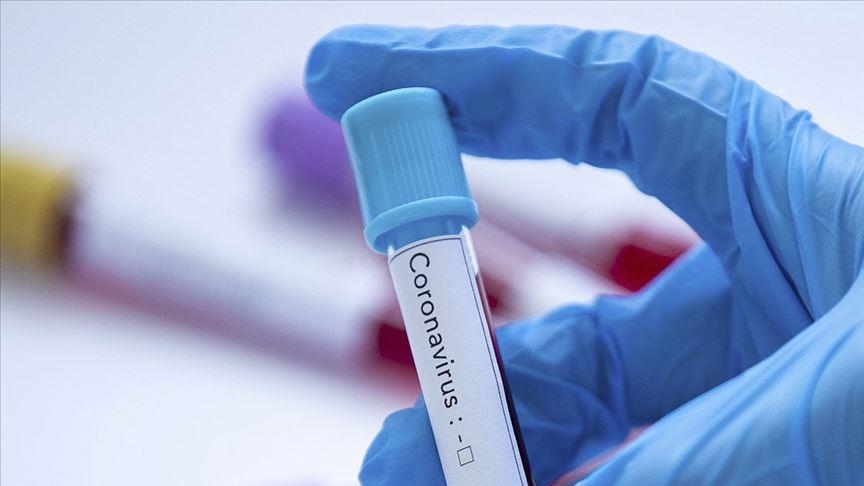Blood test to spot long-COVID to be ready in 6 months
A blood test to diagnose long-COVID patients could be ready within just six months, scientists say. Researchers have found survivors left with lingering symptoms have an unusual pattern of antibodies in their blood. Press Bills: No institution is above law – Gbajabiamila Zulum allocates land for Ruga project in Borno It raises the prospect that […]

Covid-19
A blood test to diagnose long-COVID patients could be ready within just six months, scientists say.
Researchers have found survivors left with lingering symptoms have an unusual pattern of antibodies in their blood.
- Press Bills: No institution is above law – Gbajabiamila
- Zulum allocates land for Ruga project in Borno
It raises the prospect that sufferers of the poorly understood condition could soon be spotted through a simple test. No diagnostic test or cure currently exists.
Researchers say patients can find it hard to convince GPs they are really suffering from long-COVID symptoms, such as fatigue and headaches.
Little is known about long-COVID — an umbrella term for symptoms that last for more than 12 weeks after being infected.
Antibody tests are not yet widely available in the UK, as they are only free for frontline workers and people taking part in clinical trials.
The current tests work by checking for antibodies in people’s blood, which are made when they get an infection to help fight it off. If people have COVID antibodies, it is likely they have had the virus before and may have some degree of protection against catching it again.
Monthly vaccine doses will be offered to long-COVID sufferers to help more than one million Britons beat the illness
Thousands of long-COVID sufferers are set to be offered monthly vaccine doses in an effort to beat the debilitating illness – after reports that patients can make a dramatic recovery after a jab.
More than one million Britons are said to be suffering from long COVID, with studies suggesting 400,000 have been hit by symptoms for more than a year.
This will be the first drug trial of a long-COVID treatment.
In the first stage of the landmark study, severely affected patients will be offered two additional vaccine doses.
Dr David Strain of Exeter University, who will lead the trial, has surveyed more than 900 long-COVID patients, of whom more than half saw their symptoms improve after the first dose.
Dr Strain said: “Many patients saw a dramatic improvement within days of their jab.
“Their fatigue disappeared. They were able to walk further without feeling breathlessness,” he stated.
It is thought around 20 per cent of coronavirus survivors will suffer lingering effects, such as fatigue, headaches and difficulty breathing.
Hundreds of thousands of Britons have been left battling such symptoms for over a year, according to official estimates.
Middle-aged women appear to be most at risk.
Imperial College London researchers compared the blood of dozens of patients for the study.
They found long-COVID sufferers had certain auto-antibodies not present in patients who recovered quickly from the virus or never had it.
Auto-antibodies are proteins produced by the immune system that causes the body to attack its own organs.
They are different from standard antibodies, which are made to fight off infections such as COVID.
The researchers will now carry out more detailed studies with the hope of getting a test to market.
Professor Danny Altmann, who leads the team at Imperial, told BBC Panorama: ‘I’m famously optimistic.
“So I’d hope that within six months we’d have a simple blood test that you could get from your GP.
“That, I think, could have quite a big impact on people who don’t feel they have managed to convince their GP or accessed specialist care because instead of being my word against yours, it has a diagnostic test.”
He warned there maybe tens of thousands of long-COVID cases once restrictions are eased in England next week. Vaccines aren’t perfect and millions could still get infected.
Professor Altmann said: “One of the things we know for absolute certain is that long-COVID can ensue from any form of infection — asymptomatic, mild, severe”.
Mail Online
